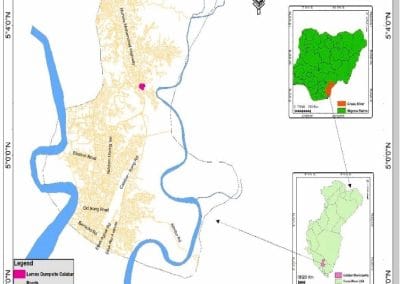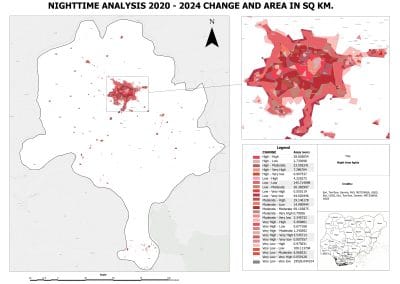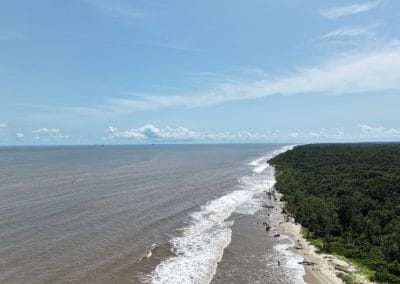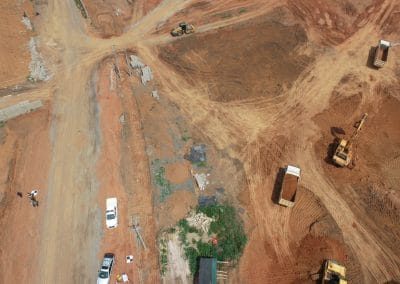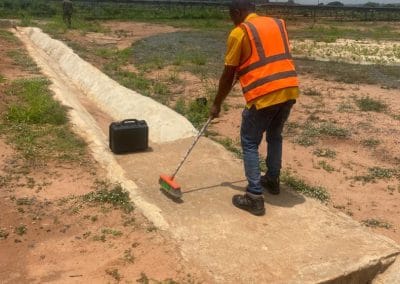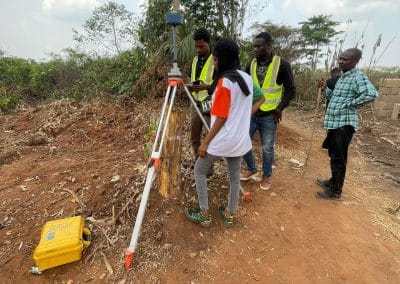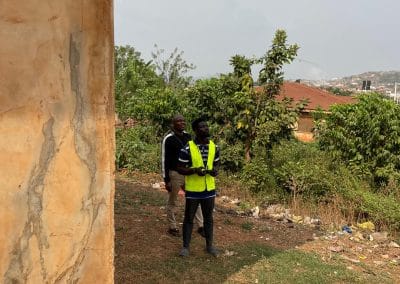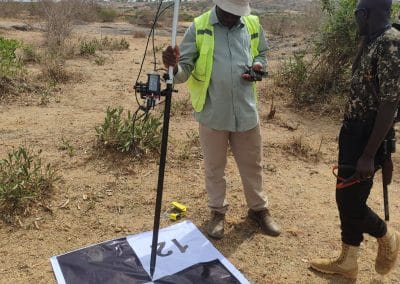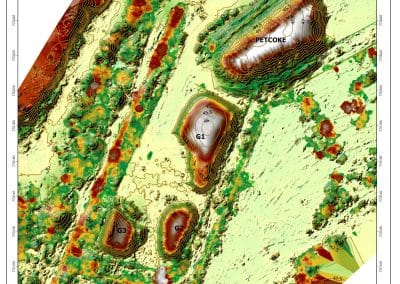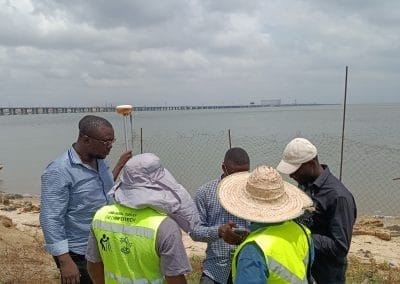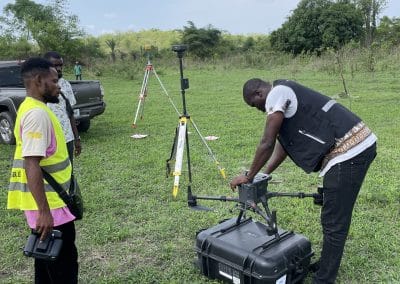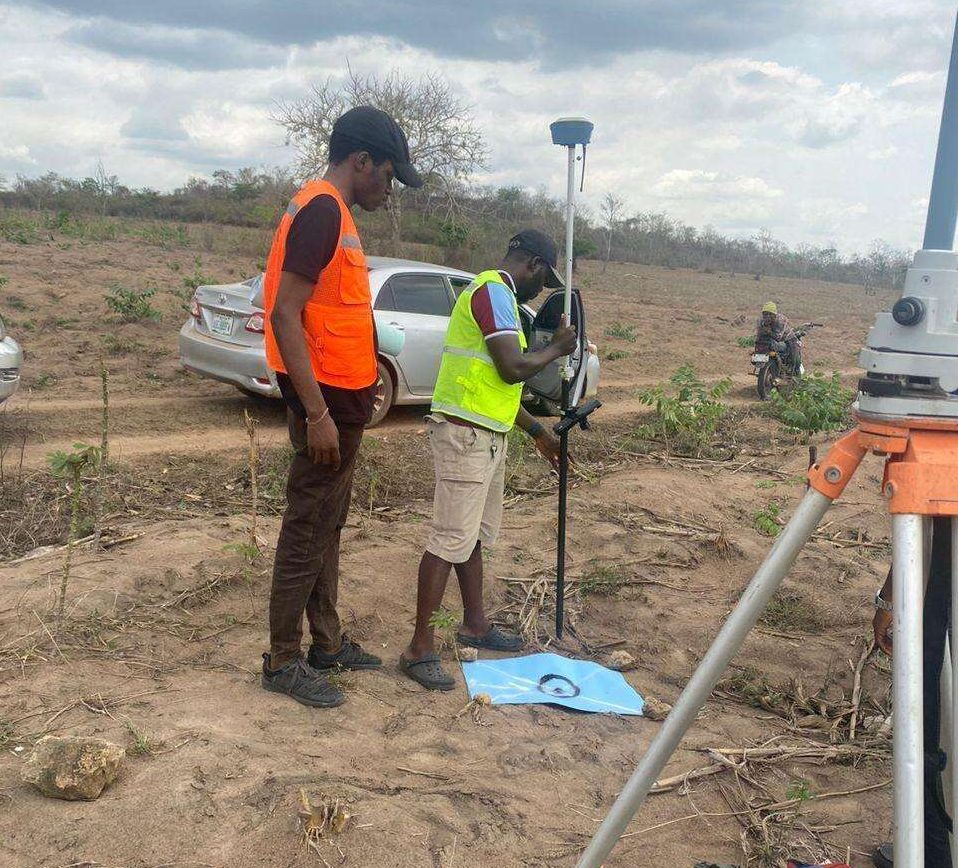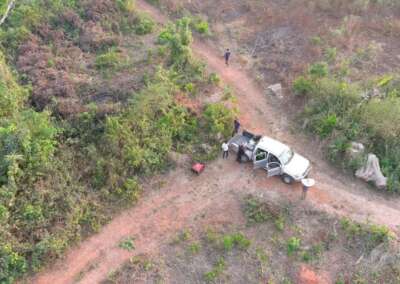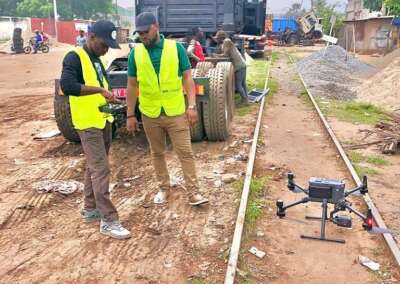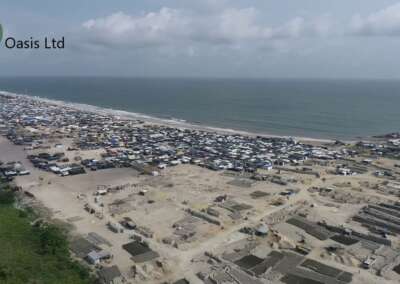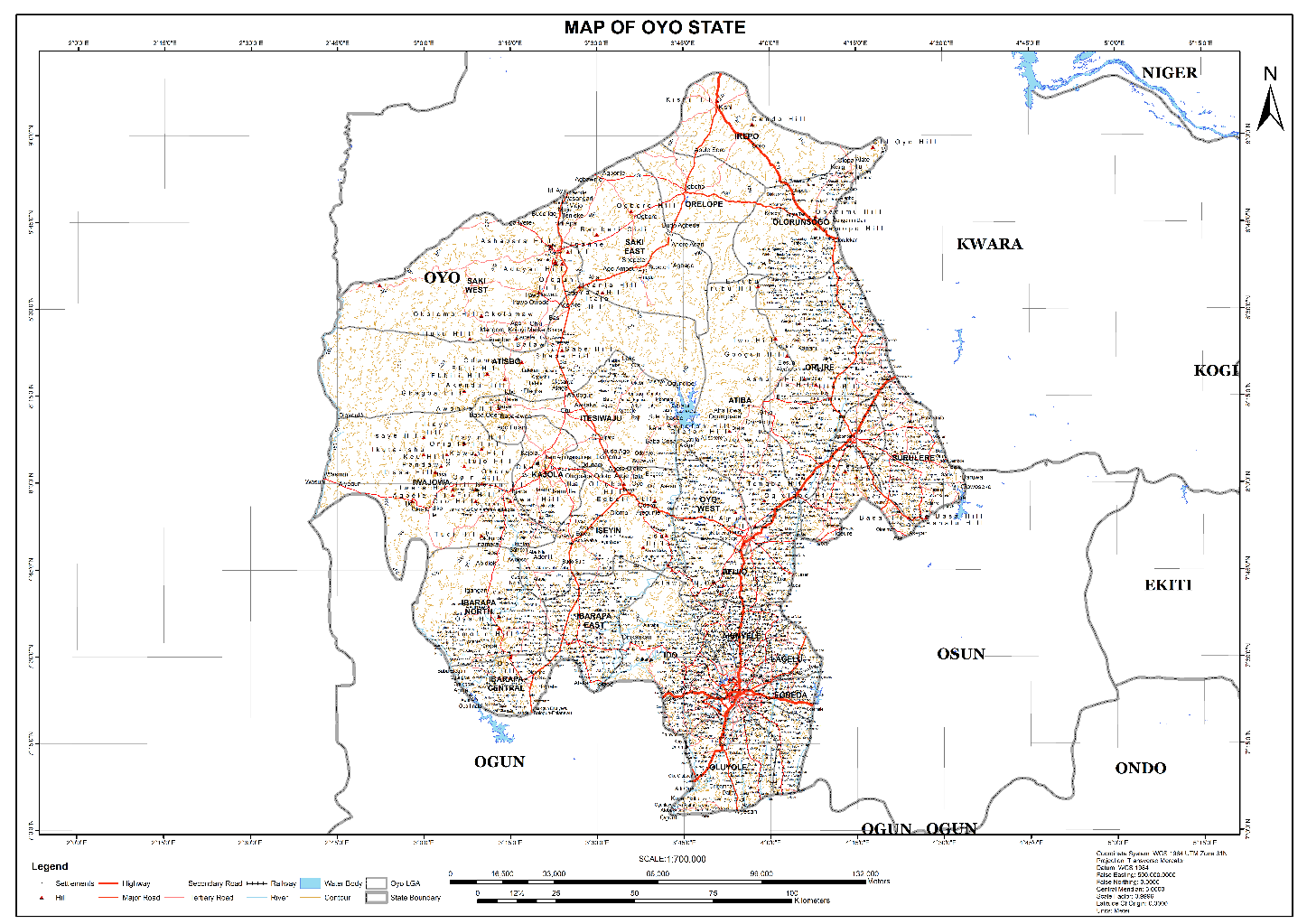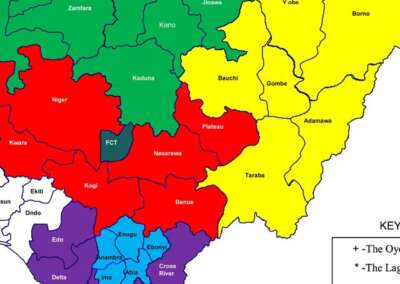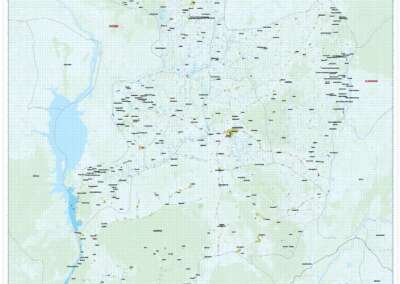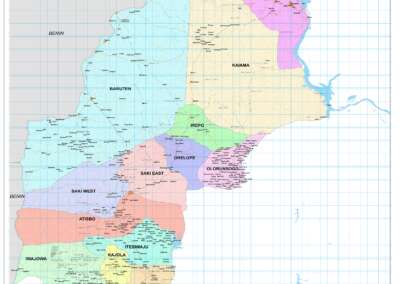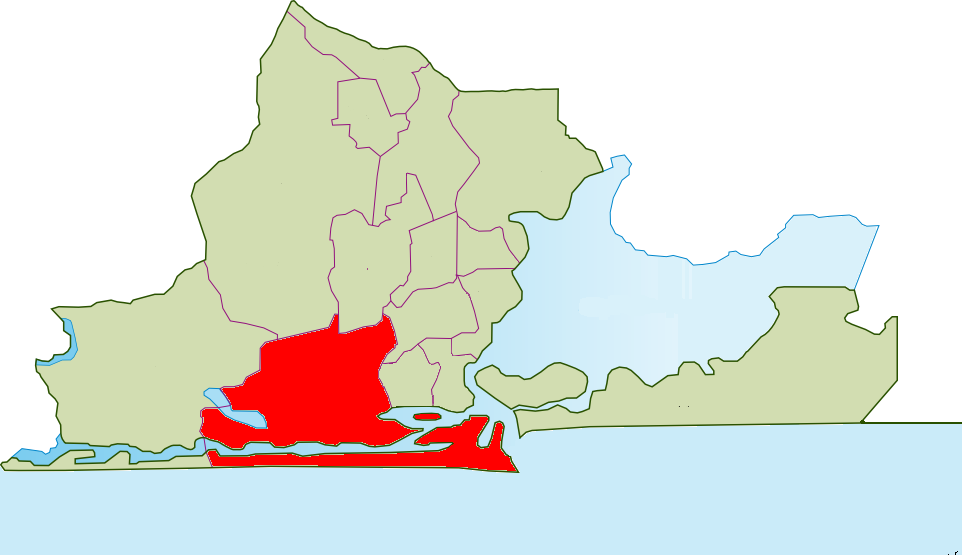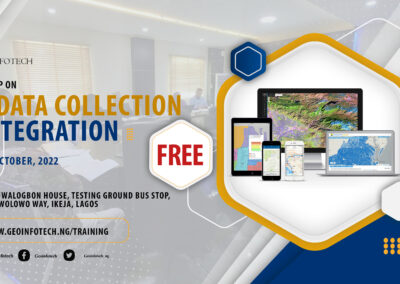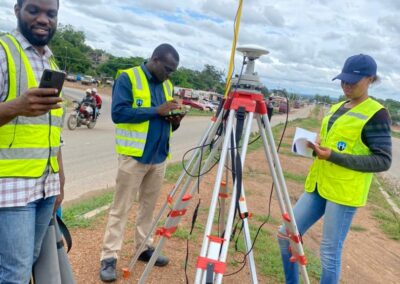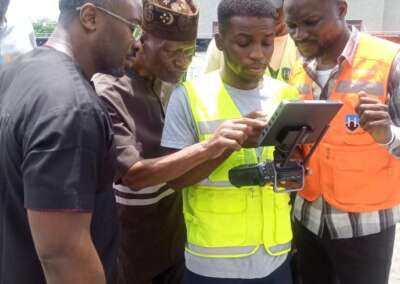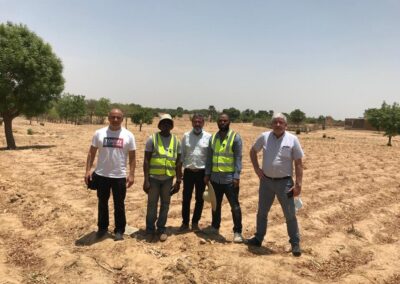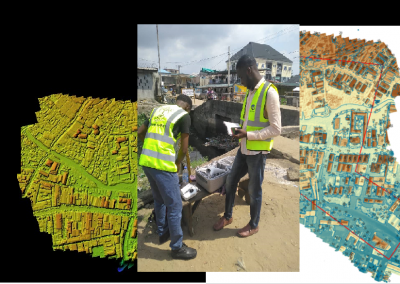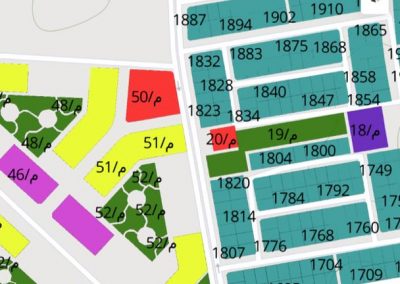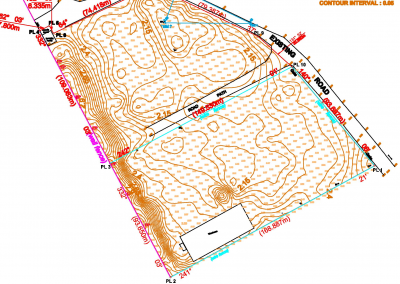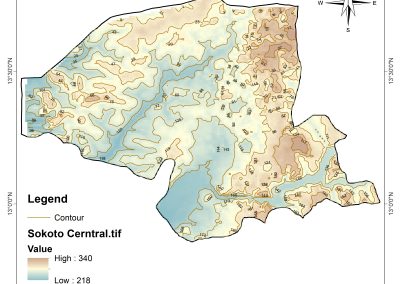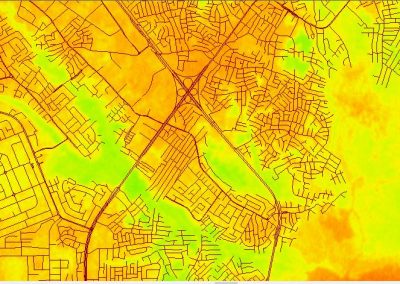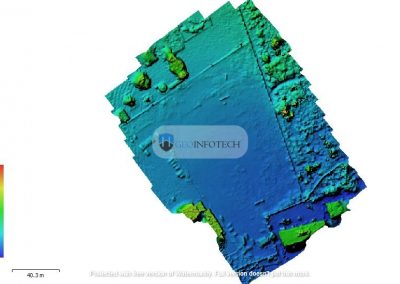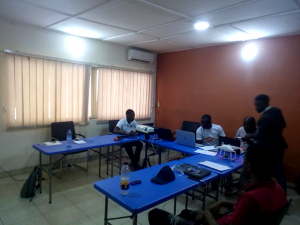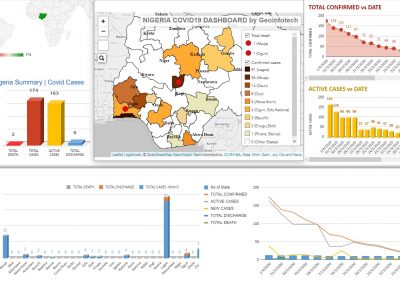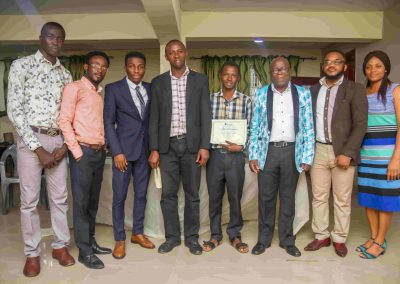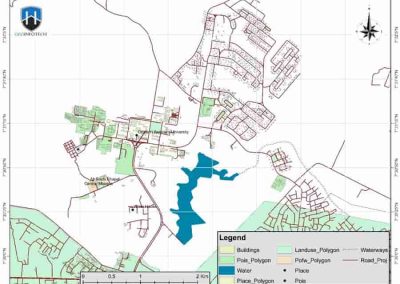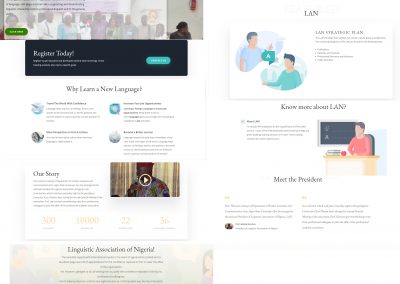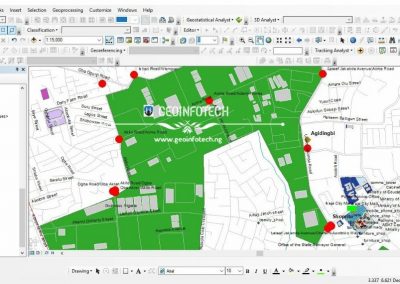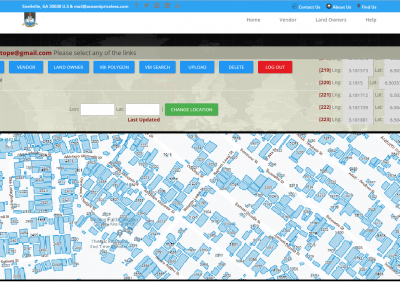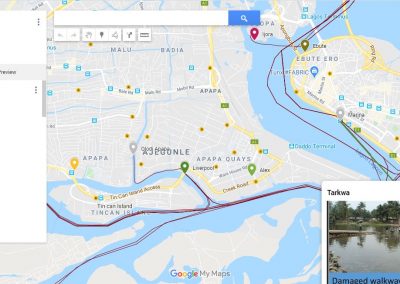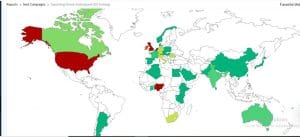
What is GIS? Geographic Information Systems (GIS) have become one of the most powerful tools of the 21st century, transforming how we understand our world. From urban planning and environmental management to disaster response and business intelligence, GIS is everywhere. But what exactly is GIS, and why should you learn it?
What is GIS?
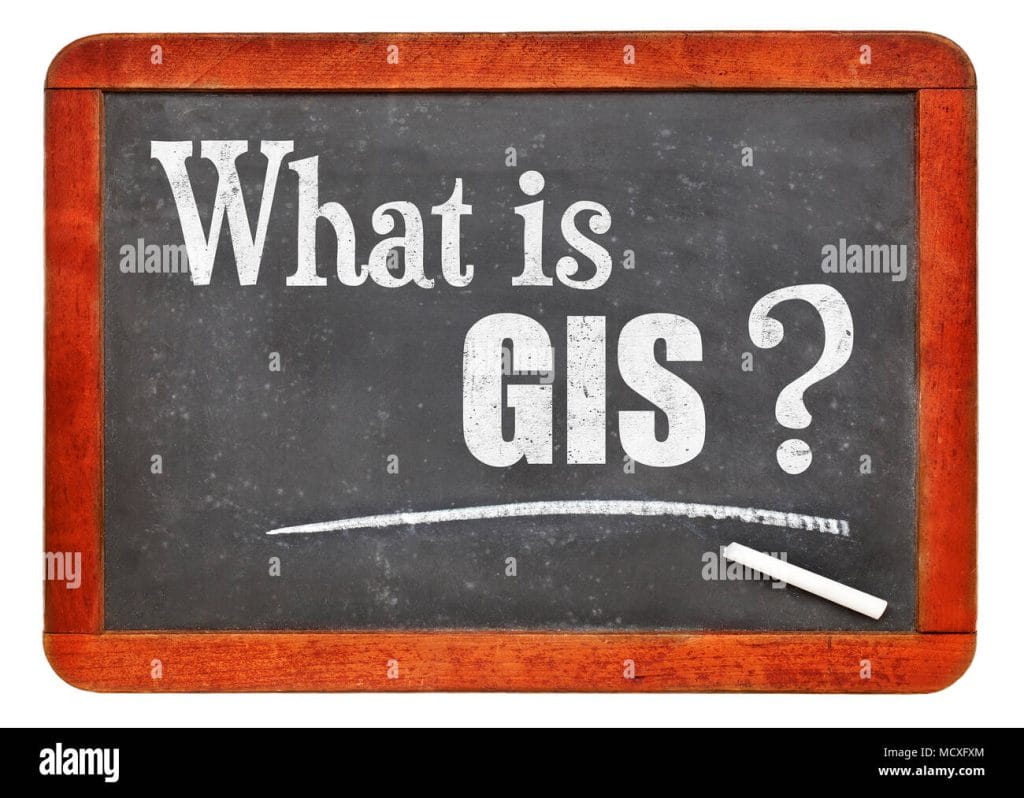
GIS stands for Geographic Information System, a technology that helps us capture, store, analyze, and visualize spatial data. In simple terms, it connects information to location. Imagine a map that not only shows roads but also rainfall patterns, population density, or flood-prone areas—this is GIS in action.
Why is GIS Important?
GIS is not just about making maps. It enables decision-makers to:
- Analyze trends (e.g., climate change or population growth)
- Plan infrastructure (roads, power lines, pipelines)
- Manage natural resources (water, forests, agriculture)
- Respond to emergencies (floods, disease outbreaks, security threats)
GIS Applications in Everyday Life
You encounter GIS more often than you think:
- Google Maps & Navigation – Finding the fastest route
- Disaster Management – Predicting and mapping flood risk
- Business Intelligence – Retailers analyzing customer locations
- Environmental Studies – Monitoring deforestation or pollution
GIS Career Opportunities
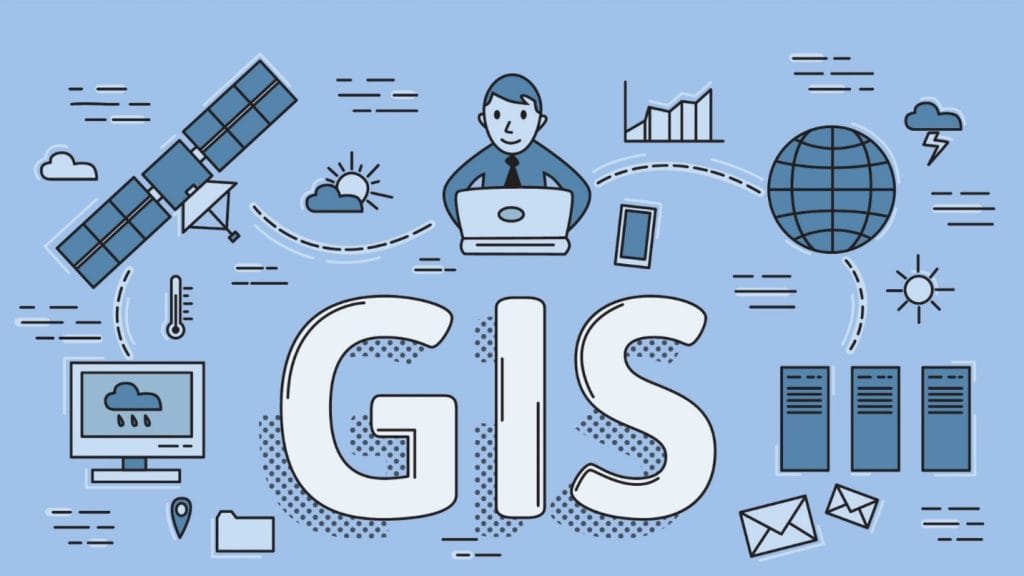
The demand for GIS professionals is growing rapidly in Nigeria and worldwide. Careers in GIS include:
- GIS Analyst or Specialist
- Remote Sensing Expert
- Urban/Regional Planner
- Environmental Consultant
- Data Scientist with geospatial skills
If you’re looking for a future-proof career, GIS training in Nigeria can open doors in government, private companies, NGOs, and international organizations.
How to Learn GIS
The good news is that GIS is learnable by anyone with curiosity and basic computer skills. Platforms like GeoAcademy provide step-by-step training where you can learn GIS through hands-on projects, mentorship, and certification.
Final Thoughts
Geospatial technology is reshaping the way we see and manage our world. By learning GIS today, you’re preparing yourself for tomorrow’s opportunities in technology, science, and sustainable development.





